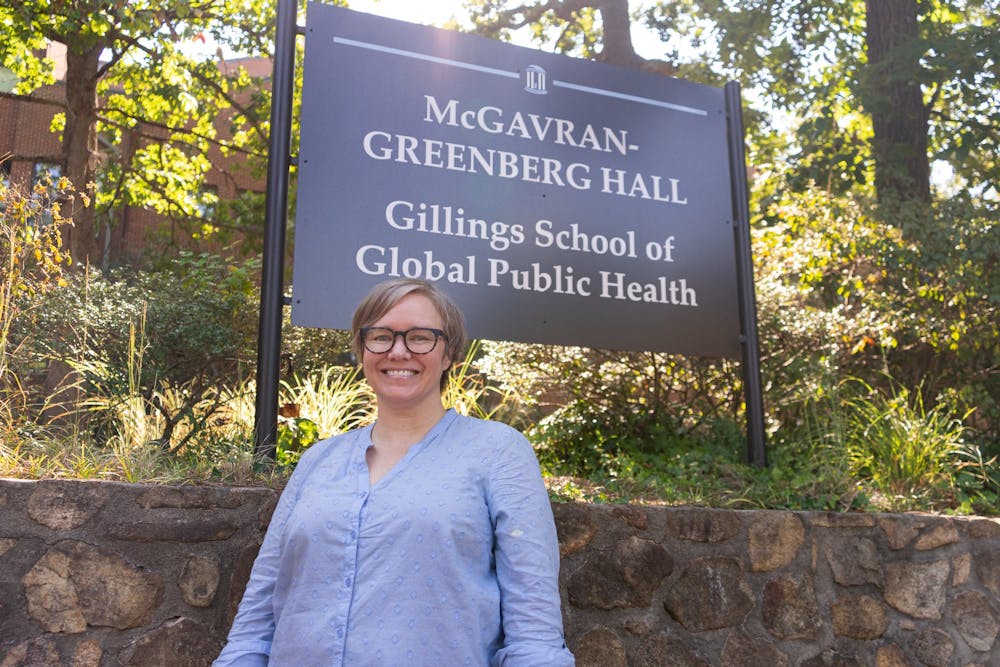A research fellow group at UNC recently received a two-year, $500,000 grant from the Centers for Disease Control and Prevention to deepen studies focusing on ovarian cancer — particularly among women of color.
The team of researchers is part of the Center for Health Promotion and Disease Prevention (HPDP) at the University and will investigate the factors contributing to the earlier diagnosis of ovarian cancer.
Alice Ammerman, the director of the HPDP center, said the program is one of 26 that receive support from the CDC.
The grant is considered one of the CDC’s “special interest projects,” which focus on specific topics that interest researchers, Ammerman said.
In 1984, the HPDP program at UNC was one of the first three prevention research centers to be funded by the CDC, said Beverly Garcia, the managing director of research and operations at HPDP. This year, a group of researchers received an additional grant to study ovarian cancer.
Caroline Thompson, the study’s principal investigator, said her research team is centered on investigating the predictors of cancer among different populations.
“My team is specifically focused on better understanding the patterns of the diagnosis of cancer at the population level,” she said. “We are motivated by trying to understand, 'How do people get diagnosed with cancer?' and 'Could their cancer have been caught earlier?'”
Thompson, a cancer epidemiologist, studies the disease at the population level. In her research, she seeks to identify the causes of disparities in cancer-related healthcare.
Garcia said the center focuses on the inconsistencies of cancer research within diverse communities.



